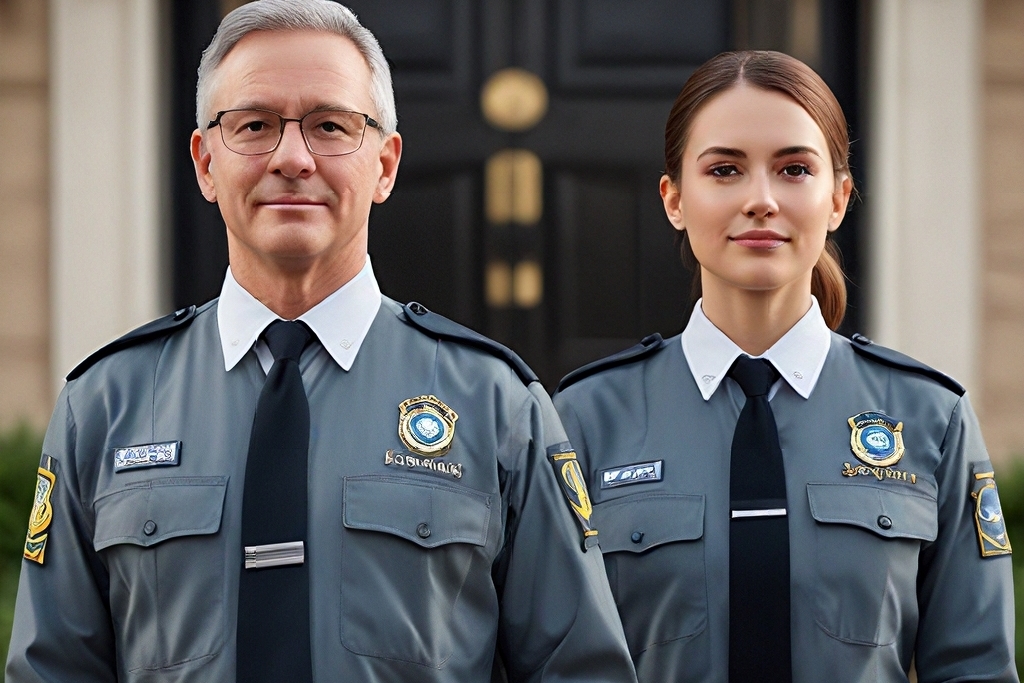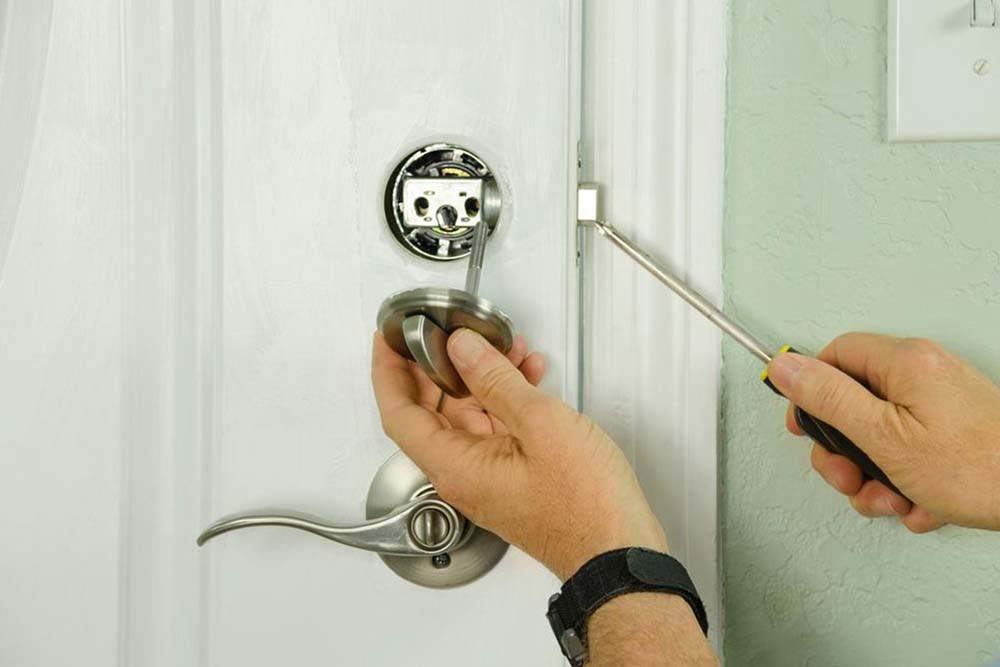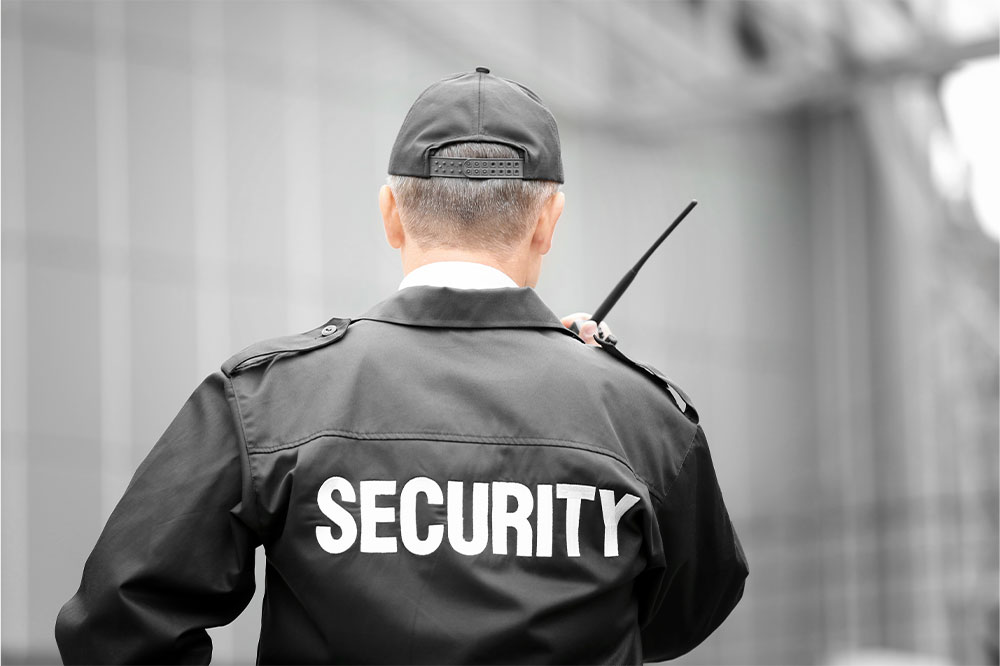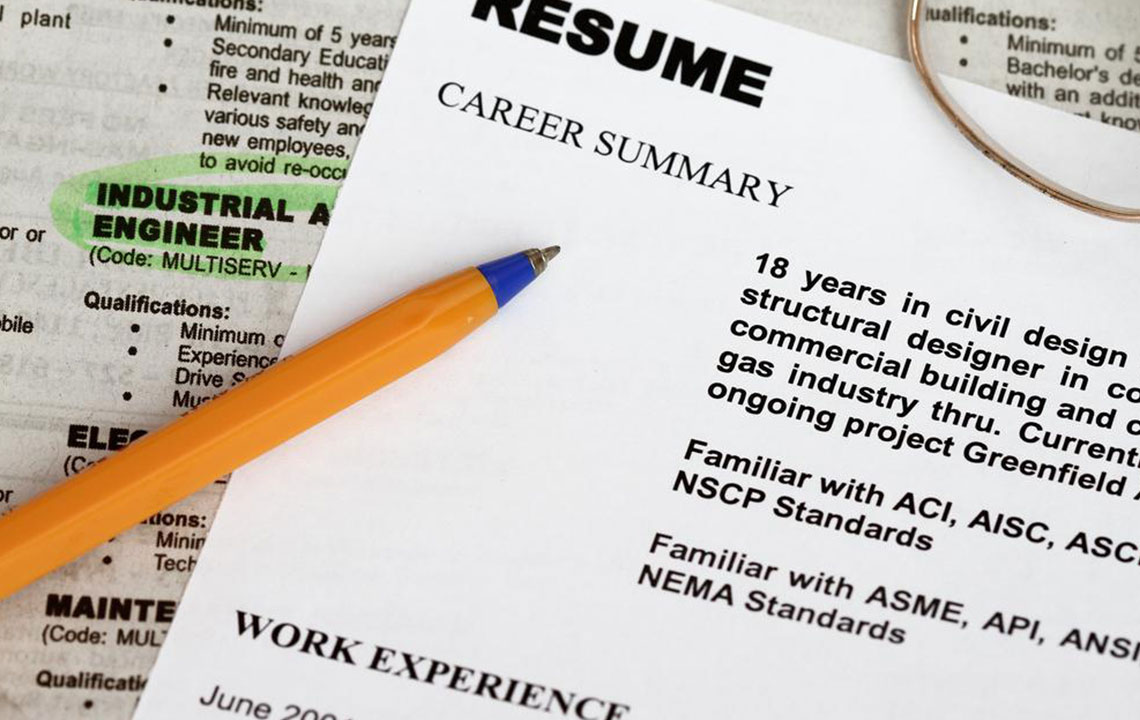Career Guide to Security Guard Positions: Opportunities and Essential Insights
Discover various security guard roles, responsibilities, and skills needed to excel in the security industry. This guide compares different positions like armed guards, event security, and corporate officers, highlighting essential qualifications, work environments, and career growth opportunities. Perfect for those seeking stable, rewarding employment in safety and protection fields, with details on certifications and job expectations for better career planning.

Career Guide to Security Guard Positions: Opportunities and Essential Insights
Security guard roles are vital for ensuring safety across diverse locations like corporate offices, residential complexes, retail outlets, and public venues. As core components of the security industry, these jobs involve various responsibilities, skill requirements, and career paths suitable for many individuals. This article explores different security guard positions, their duties, necessary skills, and a comparison chart to help you evaluate your options within this essential field.
What Are the Duties of Security Guards?
Security personnel are tasked with safeguarding people, property, and assets from risks such as theft, vandalism, and violence. Their roles vary based on the environment but generally include:
Patrolling the premises to detect suspicious activity.
Monitoring security systems like CCTV cameras and alarm panels.
Enforcing security policies to maintain safety for staff, visitors, and clients.
Responding to emergencies like fires, injuries, or unauthorized entries.
Detaining individuals involved in illegal activities until authorities arrive.
Documenting incidents through detailed reports.
These duties are applicable in settings such as corporate premises, healthcare facilities, airports, factories, shopping malls, and private properties. The scope of work depends on security needs, whether guarding a high-security government building or a retail store.
Common Types of Security Guard Roles
Roles are categorized based on responsibilities, environment, and security level. Here’s an overview of prevalent positions:
1. Uniformed Security Personnel
This role involves visible security staff at public events, shopping centers, and corporate sites who act as deterrents to crime.
Main Tasks: Patrolling, engaging with the public, enforcing rules.
Skills Needed: Effective communication, conflict management, physical fitness.
Certifications: Basic security training, regional licensing if required.
2. Armed Security Officers
This position involves carrying firearms or weapons, usually at high-risk locations like banks or government buildings, requiring advanced training.
Main Tasks: Asset protection, threat response, use of force.
Skills Needed: Shooting proficiency, crisis management, physical strength.
Certifications: State-issued weapons licenses, background checks.
3. Event Security Staff
Hired for public events such as concerts and sports games, these guards control crowds, check for prohibited items, and ensure attendee safety.
Main Tasks: Bag checks, crowd control, disturbance response.
Skills Needed: Vigilance, communication, and crowd management.
Certifications: Event security training, CPR certification.
4. Business Security Officers
Employed by companies to monitor office buildings, warehouses, or industrial sites, these guards restrict access and oversee security systems.
Main Tasks: Access management, surveillance, assisting emergency evacuations.
Skills Needed: Familiarity with surveillance tech, customer service, quick decision-making.
Certifications: Corporate security training, safety procedures knowledge.
5. Gated Community Security Guards
They manage security in residential complexes or private communities by monitoring entrances, verifying identities, and patrolling premises.
Main Tasks: Prevent unauthorized access, monitor activity, respond to resident calls.
Skills Needed: Interpersonal skills, attention to detail.
Certifications: Basic security training, CPR or first aid if required.
6. Industrial Safety Officers
This role involves protecting manufacturing plants, warehouses, and industrial sites from theft, accidents, and hazards, including monitoring heavy equipment and hazardous materials.
Main Tasks: Access control, CCTV monitoring, safety compliance.
Skills Needed: Knowledge of industrial safety standards, stamina, vigilance.
Certifications: Safety and hazard handling training, certifications for hazardous material management.
Essential skills across all security roles include vigilance, communication, problem-solving, physical fitness, and customer service. Certifications often include licensing, first aid, CPR, and, for armed roles, firearm handling.
Working conditions vary; some guards work indoors in controlled environments, while others operate outdoors in all weather. Shifts can include nights, weekends, and rotating schedules, accommodating full-time and part-time roles.
Here’s a comparison chart outlining key features of different security positions:
Position: Uniformed Security — Tasks: Patrol and Public Interaction — Skills: Communication, Vigilance — Settings: Retail, Offices — Certifications: Basic Security
Position: Armed Security — Tasks: Asset and Threat Protection — Skills: Firearms, Crisis Management — Settings: Banks, Government — Certifications: Weapons License
Position: Event Security — Tasks: Crowd Control, Checks — Skills: Vigilance, Communication — Settings: Concerts, Sports — Certifications: Event Security, CPR
Security careers offer stability and growth opportunities for motivated individuals interested in safety and protection. Proper training and certifications enable advancement into specialized roles, making it a rewarding profession for those dedicated to security.








